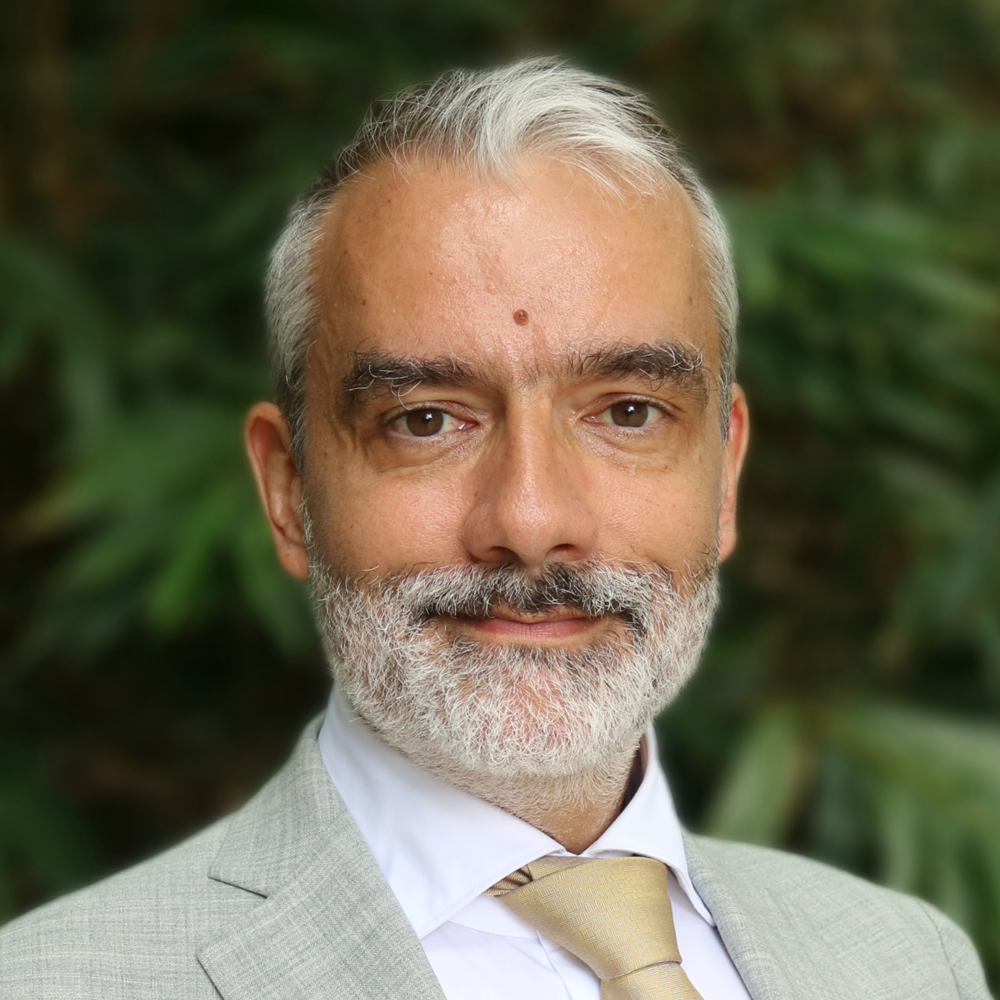About recent announcements of changes within the French Education Nationale program
Education is very much in the news in France. A refresher for those of you who are not following closely: earlier this month, the former Minister of Education, Mr. Gabriel Attal, was named Prime Minister by President Macron after just 5 months at the helm of the ministry. As a result, a new Minister, Mrs. Amélie Oudéa-Castéra, was named. In the five months he had been in office, Mr. Attal had made a number of announcements that had the potential to impact the French program that FIS is accredited to deliver: new curriculum in early primary education, creation of groupings according to level in French and Math in middle school… These announcements were made in December, shortly after the release of PISA scores that raised some concern regarding achievement in French schools. Earlier this week, President Macron himself spoke to the nation in relation to education: he announced an increase in civics classes and an emphasis on theatre in secondary school, the learning of the national anthem at school, etc.
What does it mean for FIS? It is very difficult to say at this stage. Announcements in the media are at best an indicator of a political direction given by the government. Impact can only be measured once official texts are released that provide mandates and guidelines. In our case, as an accredited school (école homologuée), we are bound to follow the programs (curriculum), but retain autonomy in terms of structure and organisation. If curriculum is changed in early primary as announced by Mr. Attal, our teachers will have to comply with the adjustments for us to retain our accreditation, as is the case with any other accreditation we hold in the international stream (IEYC, IPC, IB). If decisions are made in how to structure instruction in public schools in France, we can inspire ourselves from these if we feel they best support our own strategy, but we are not bound to apply them. The fact is our student population differs vastly in its socio-economic and achievement profile from that of any given public school in France, and we have to take this into account when considering these topics. Our results on national evaluations or external exams such as brevet and baccalaureate show our students vastly outperform the national averages, and probably would if they were to take the PISA test. Moreover, some measures such as level groupings strive to reduce the number of students in classes that are overloaded in numbers, when at FIS, we often have ideal situations in half-group classes of just twelve students…
Therefore, we have to be cautious when considering solutions to issues we might not be facing. Ultimately we will stay true to our strategy of empowering every student to achieve their fullest potential, while of course remaining compliant with the requisites of our accreditation.
With that, and to remain on the topic of strategy, I can only encourage all of you to come and enjoy our diverse and engaged community tomorrow (Saturday) on our TKO campus for the expected and exciting Family Fun Fair: with its focus on sustainable development and building community, it embodies what’s best at FIS. Thank you FISCA for organising!



